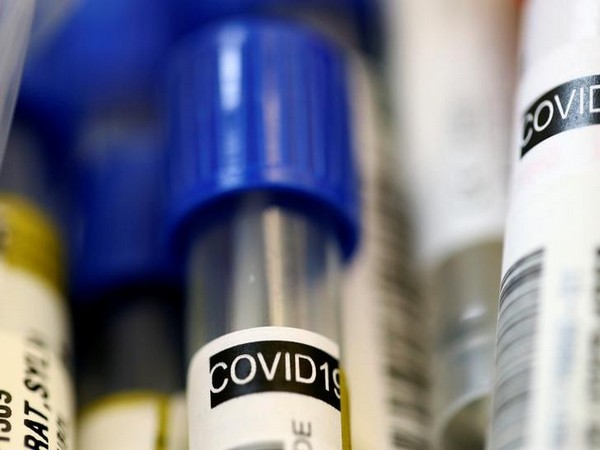ADB approves $50m grant to help Tajikistan mitigate impacts of COVID-19
“ADB is fully committed to supporting Tajikistan in its fight against COVID-19 and to helping limit the impact on its citizens and the economy,” said ADB President Masatsugu Asakawa.

- Country:
- Philippines
The Asian Development Bank (ADB) has approved a $50 million grant to help the Government of Tajikistan mitigate the adverse economic and social impacts of the coronavirus disease (COVID-19) pandemic.
“ADB is fully committed to supporting Tajikistan in its fight against COVID-19 and to helping limit the impact on its citizens and the economy,” said ADB President Masatsugu Asakawa. “This grant will help finance the government’s critical measures to strengthen the health system, expand social assistance for poor and vulnerable groups, ensure food security, and safeguard small businesses.”
COVID-19 has significantly weakened Tajikistan's economy causing sharp reductions in remittances, international trade, and foreign direct investment. The transport, tourism, retail, and finance industries, in particular, have experienced slowdowns. Poor and vulnerable groups are most at risk from the economic shock caused by the pandemic and containment measures.
To mitigate the adverse impacts of COVID-19, the government approved the COVID-19 Country Preparedness and Response Plan and countercyclical measures. This includes a health sector and social protection package to assist the poor and vulnerable, and economic measures to ensure food security and safeguard small businesses most at risk.
Delivered under ADB’s COVID-19 Active Response and Expenditure Support (CARES) Program, the grant will provide budget support to the government and help fund its comprehensive response plan and countercyclical measures.
The CARES Program will support the government in scaling up the availability of medical supplies and establishing quarantine facilities in at least 14 hospitals nationwide with separate wards for women and men. Salary increases will be provided for all frontline COVID-19 medical personnel, of which at least 80% are women.
ADB’s financing will also support the government in extending its targeted social assistance program to at least 207,000 poor households, including an additional one-time cash transfer. Food security will be ensured through food price monitoring and controls, and the provision of agricultural inputs for farmers to increase production. Subsidized lending and tax relief will be extended to affected micro, small, and medium-sized enterprises, of which at least 24% are women-led.
ADB will mobilize technical assistance to support CARES Program implementation and help strengthen the government’s financial management, monitoring and evaluation, and reporting systems.
The CARES Program is funded through the COVID-19 pandemic response option (CPRO) under ADB’s Countercyclical Support Facility. CPRO was established as part of ADB’s $20 billion expanded assistance for developing member countries’ COVID-19 response announced on 13 April. Visit ADB’s website to learn more about its ongoing response.
In March, ADB provided a $100,000 grant to help Tajikistan procure urgently needed medical supplies, including personal protective equipment for medical personnel. ADB is also preparing a socioeconomic study to assess post-COVID-19 priority needs in Tajikistan to be incorporated into ADB’s pipeline of projects.
ALSO READ
How COVID-19 Exposed and Strained the Mental Health of Healthcare Professionals
Healthcare Headlines: From COVID-19 to New Pharmaceutical Ventures
Union Minister Rebukes Mark Zuckerberg Over COVID-19 Election Comments
Bridging the Gap: Gender Lessons from COVID-19 for Future Pandemics
Court Orders Compensation for Covid-19 Wedding Cancellation










